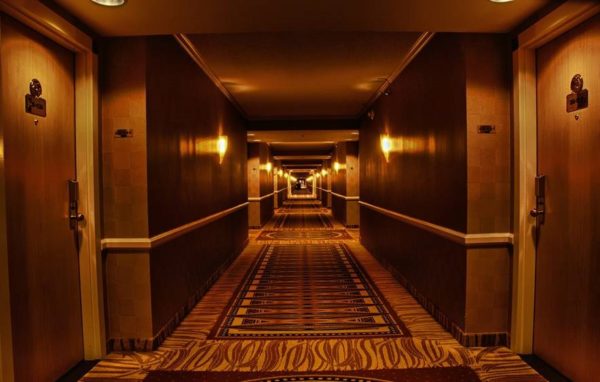
By Bailey Penrose, Employer Services Account Manager
I read a short article years ago about the concept of ‘liminal space’. ‘Liminal’ is translated from its Latin root as ‘threshold’, and in this concept refers to a beginning or ending marked by traveling through a physical space. When you pass through a door, enter an airport/bus depot/train station, or ride an elevator, you are in a liminal space – transitioning from point A to point B, cycling from beginning to ending (or vice versa).
I remember the article, and the concept, because the writer made a joke about stepping through a door to enter a room and completely forgetting why they had gone into the room in the first place. Moving from one room to the next, stepping through the liminal space of the doorway, their task had been completely knocked out of their head. They exited one room expecting one thing and entered a new room expecting something completely different, and it took them a second to remember what they had initially wanted. This happens to me all of the time and I loved the idea that maybe the issue was the doorway rather than my faulty short-term memory.
Liminal space is a theory that appears in architecture, anthropology, art, and psychology. The human brain is wired to transition from one thing to another; it’s not surprising that this concept crops up in our daily lives.
The thing about transition, though, is you’re not meant to linger there. You’re supposed to transition from point A to point B, not get stuck at point somewhere between the two. How many books or movies have played on the idea of being stuck in an airport, a hotel, or a long hallway, as a way to unsettle the audience or show that the characters are trapped somehow?
The liminal space concept certainly crops up now too. In the age of COVID-19, it’s normal to feel like life has been paused. Due to the situation, we’re stuck in a transitional space. It’s important, but it’s not fun and it can be very frustrating.
Thinking about the concept of liminal space has helped me come to grips with some of my own frustrations. If you’re interested, this article may make for an interesting read and give some context for why it feels like we’re stuck at times.
Understanding How Liminal Space is Different from Other Places by Julia Thomas:




